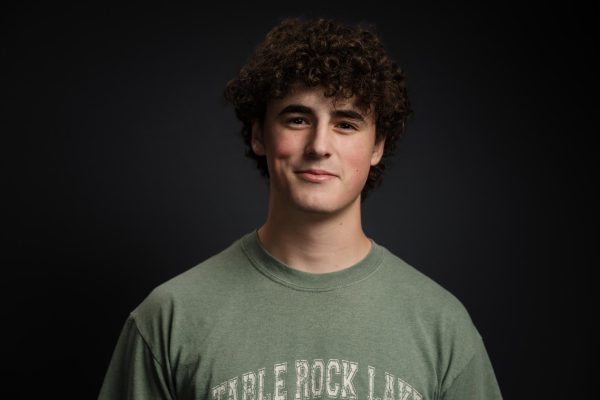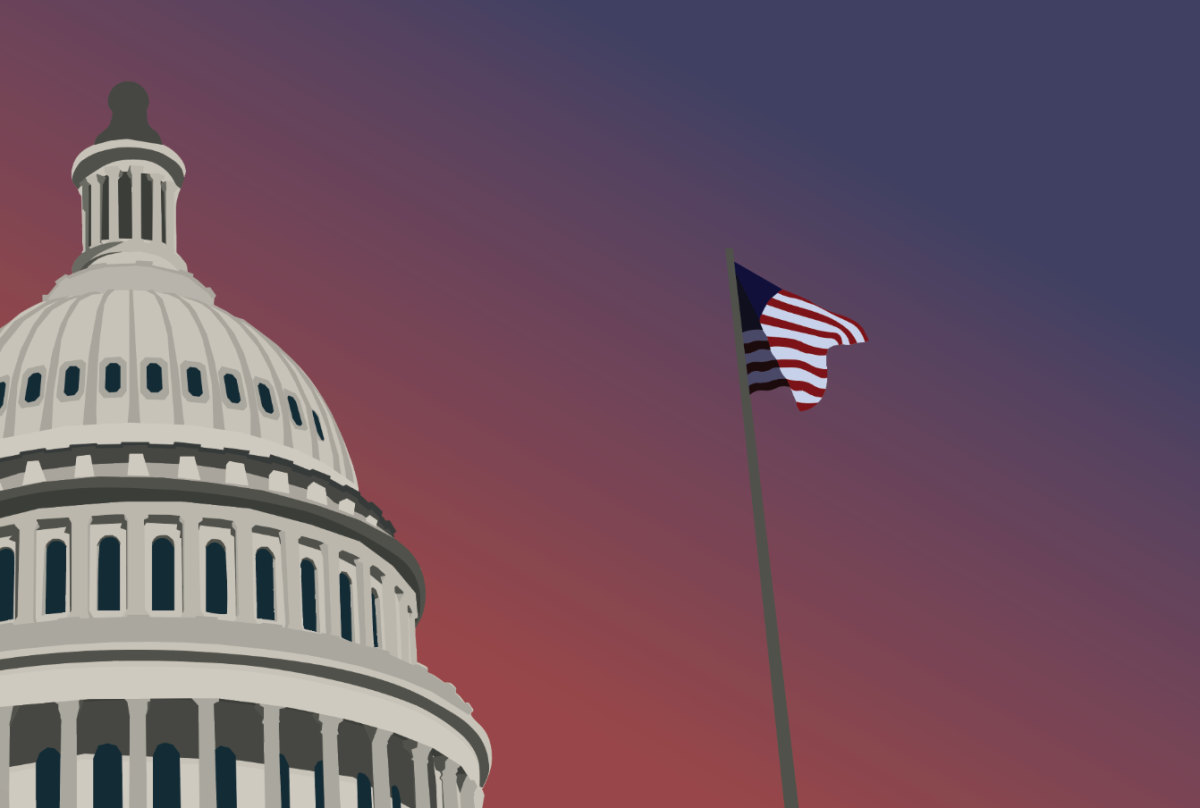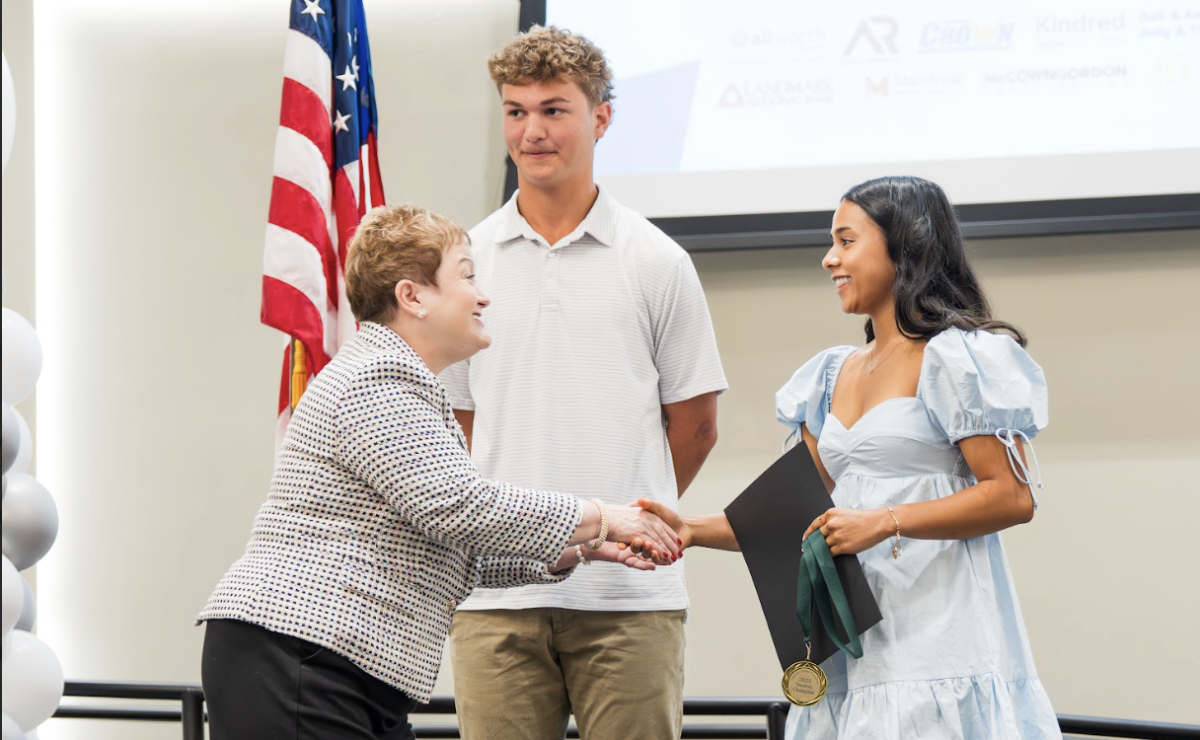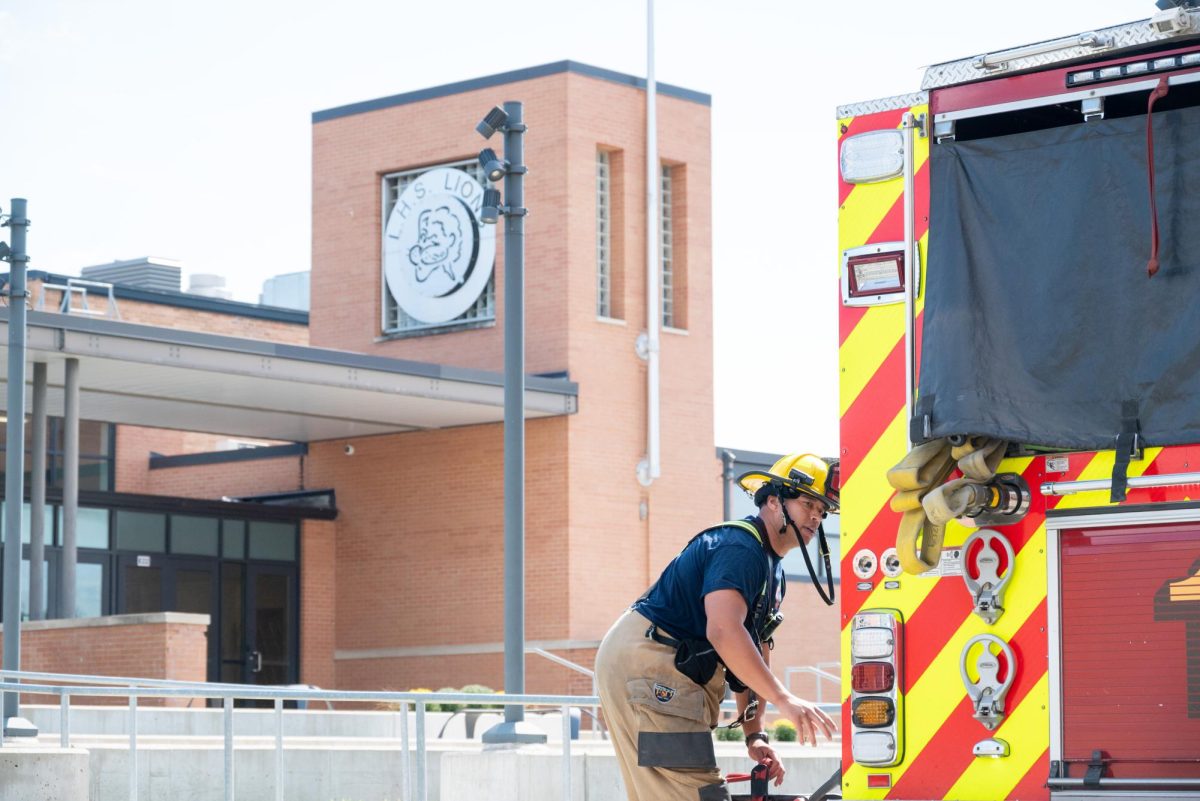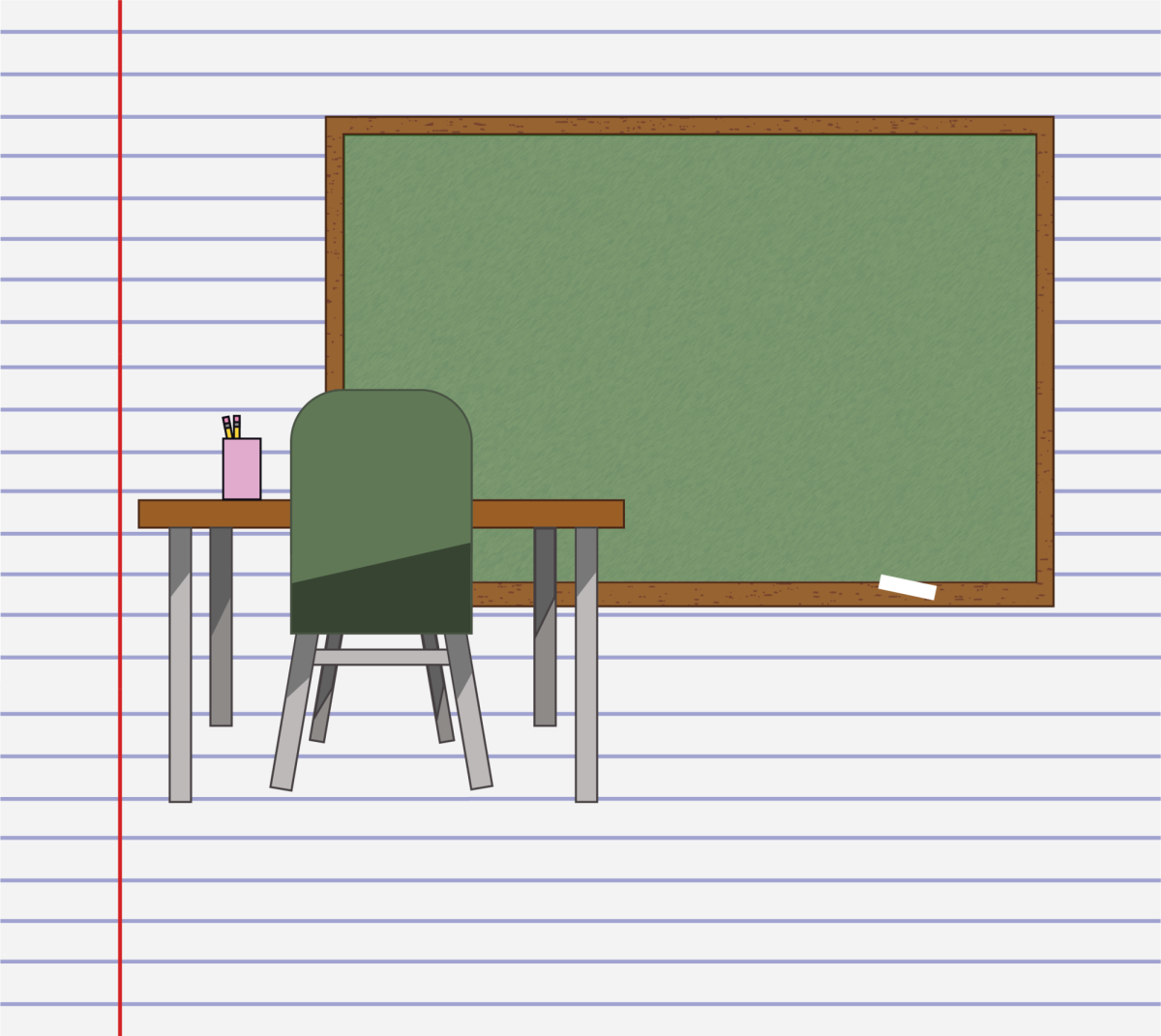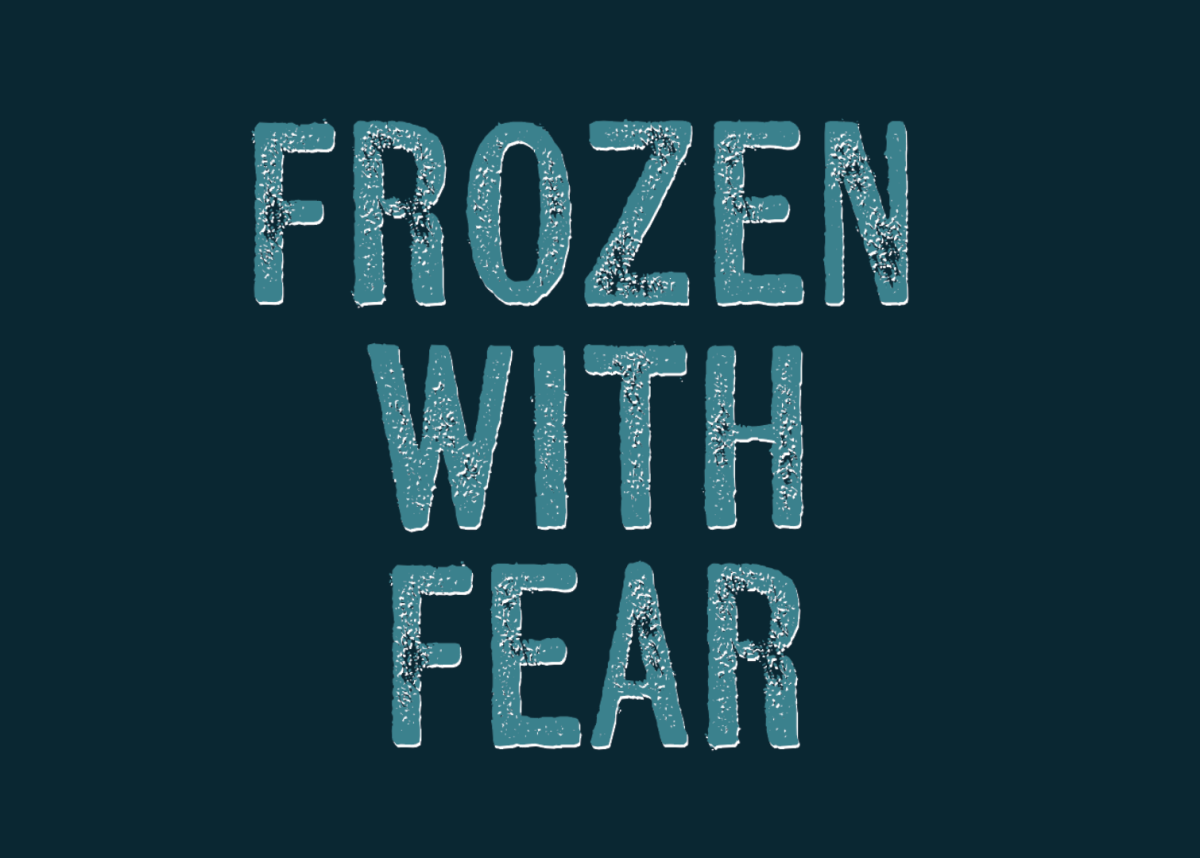Editor’s note: This is a developing story and will be updated as new information becomes available.
A federal lawsuit, filed Aug. 1, challenges USD 497’s adoption of AI surveillance software Gaggle, alleging that since November 2023 the District has subjected all students’ district-managed Google accounts to round-the-clock scanning and flagging without individualized suspicion — with initial review by Gaggle contractors and removals of student content — in violation of the First and Fourth Amendments.
The complaint cites instances where art and journalism students’ work was flagged and seized and alleges that student-press work product was subjected to prior review and restraint. On July 8, 2024, the Board later voted to renew the Gaggle contract despite a May 31 cease-and-desist demand and a June 17 district response refusing that demand. Plaintiffs — minors referred to as A.T. and P.M. — seek declaratory and injunctive relief and damages under the First and Fourth Amendments.
According to motion papers, on the morning of Aug. 14, Lawrence High School Principal Quentin Rials, himself a licensed attorney, issued a directive barring LHS’s student publication The Budget and its student reporters from covering the lawsuit; a person the adviser understood to be a district administrator then reiterated by phone that neither The Budget nor its reporters could report on it.
That afternoon, attorney Brad Finkeldei, communicating on the district’s behalf, confirmed the directive had been lifted and that The Budget was “free to write on this lawsuit without restriction.”
The following day, Aug. 15, a teacher-union representative warned a student editor that publishing could have consequences for the adviser’s employment. Rials delivered a memo to the adviser that same day, titled “Clarification of expectations,” while noting district staff would not comment on Gaggle because of ongoing litigation.
On Aug. 19, U.S. District Judge Kathryn H. Vratil denied an ex parte temporary restraining order but noted points relevant to student journalists: the district had rescinded the publication ban and Kansas law protects journalism advisers from adverse action for standing by the student press. The court deferred the request for a preliminary injunction until defendants are served and respond.
According to the Student Press Law Center, the Kansas Student Publications Act protects student journalists’ rights and bars districts from penalizing advisers who refuse to infringe those rights. Kansas is among the states with statutory protections limiting censorship of student journalists and shielding advisers from retaliation.
After a Free State Journalism reporter reached out to district administrators, Superintendent Jeanice Swift, Lawrence School Board President GR Gordon-Ross and Free State Principal Amy McAnarney declined to comment.
“No student journalist should have to choose between reporting and risking their adviser’s job. We just want to publish our story without fear,” A.T. said in an article from The Budget.
The court has deferred the preliminary-injunction request until defendants appear. Plaintiffs have asked for an expedited hearing and indicated they are prepared to present evidence as the Court prefers.





